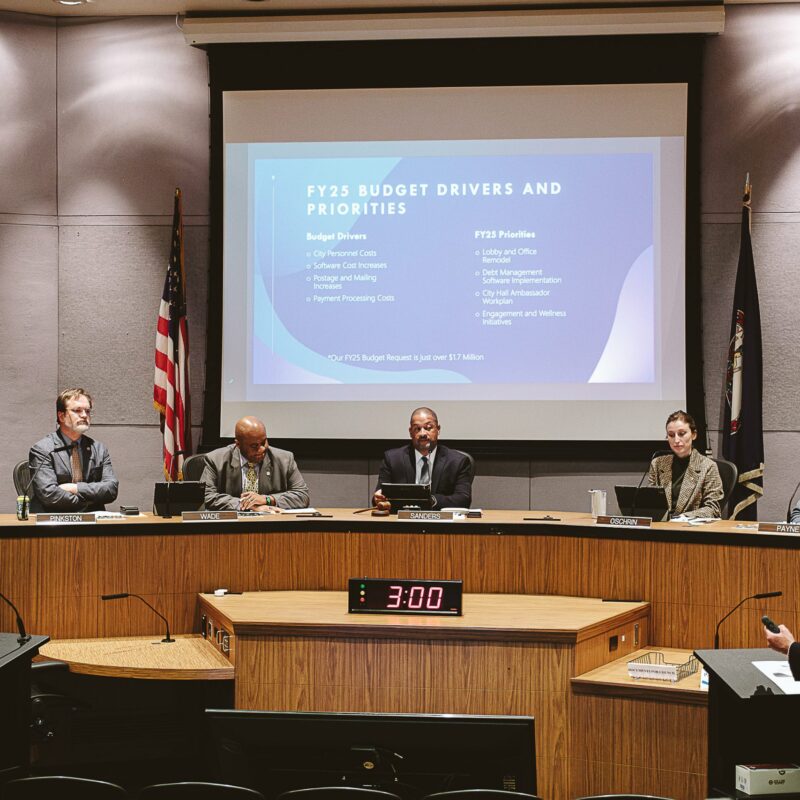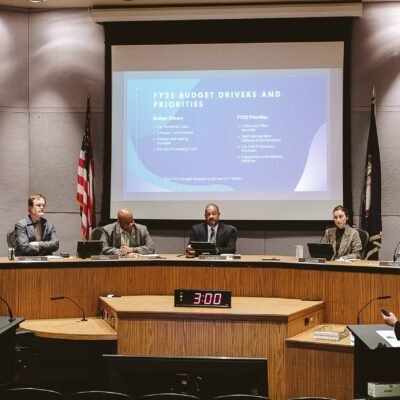On October 12, Albemarle County’s Development Review Task Force released the results of a voluntary survey that it hoped would generate “ideas and perspectives” rather than “specific conclusions” about the development review process. More than 400 county residents—citizens, developers and Community Development staff—submitted anonymous surveys, which were summarized to yield general themes.
Both developers and County staff mention a need for “consistent guidelines” and better citizen education. Citizens complain about the complexity of the review process, and developers especially advocate a streamlined review process and checklists to simplify and standardize project proposals.
However, moments of understanding across all interested parties are interrupted by the occasional complaint. The developers’ survey summary lists “More Autonomy by Development Professionals” as a hope for the future. “Let us work!” reads one anonymous excerpt. “The county staff and administration should be taking advantage of [the] professional experience available, not constantly second-guessing and working with a rule book in their hand.”
A few comments rail against “inappropriate citizen involvement.” One developer wants to limit citizen input to only those directly affected by a project, “not citizens who simply use the public input process as a platform to push their own policy agendas.”
The dominant theme from the citizens surveyed is “greater involvement and notification” through any means. E-mail, advisory committees, mailings and more surveys—anything to increase awareness of the development review process for Albemarle residents.
“The development survey wasn’t concerned with being scientifically valid,” says Community Resources Manager Lee Catlin. “[The survey] was less about statistically significant answers than generating input.”
The development review survey was released the day after UVA’s Center for Survey Research released its “Albemarle County Citizen Satisfaction” survey. Though the County averaged a score of 8 (out of 10) on overall quality of life, development concerns may have prevented a higher score. When questioned about growth speed, 63.6 percent of the approximately 700 people polled hoped for slower development. Another 73 percent endorsed clustering, or limiting development to urban areas.





